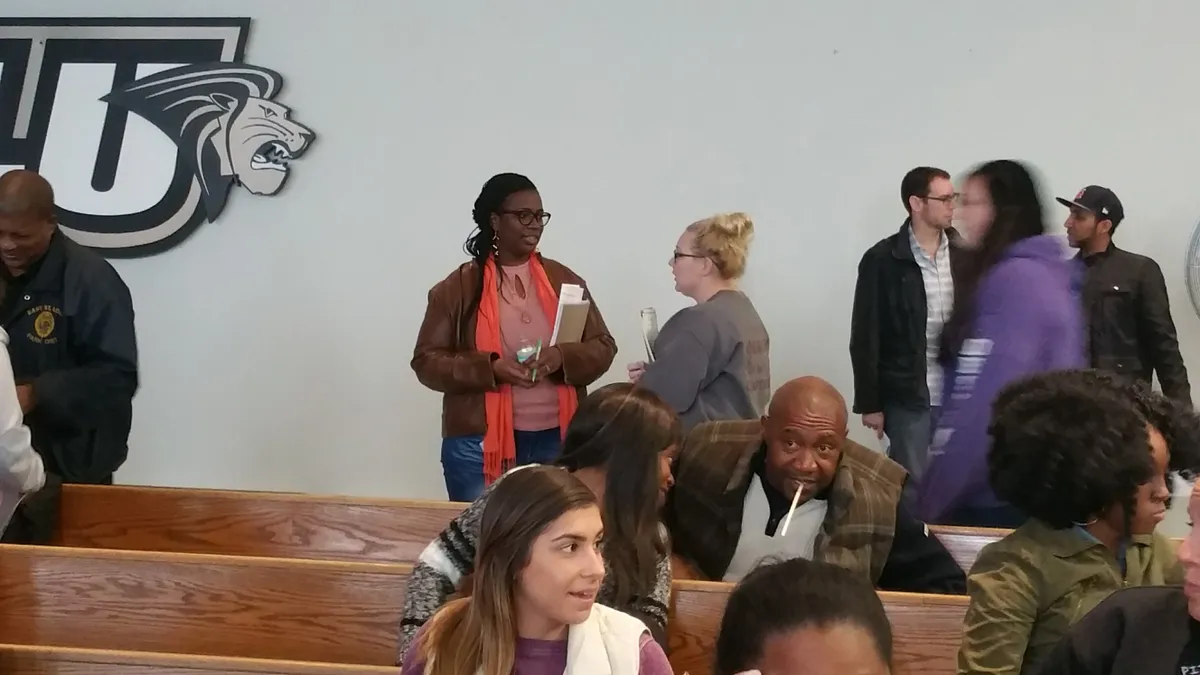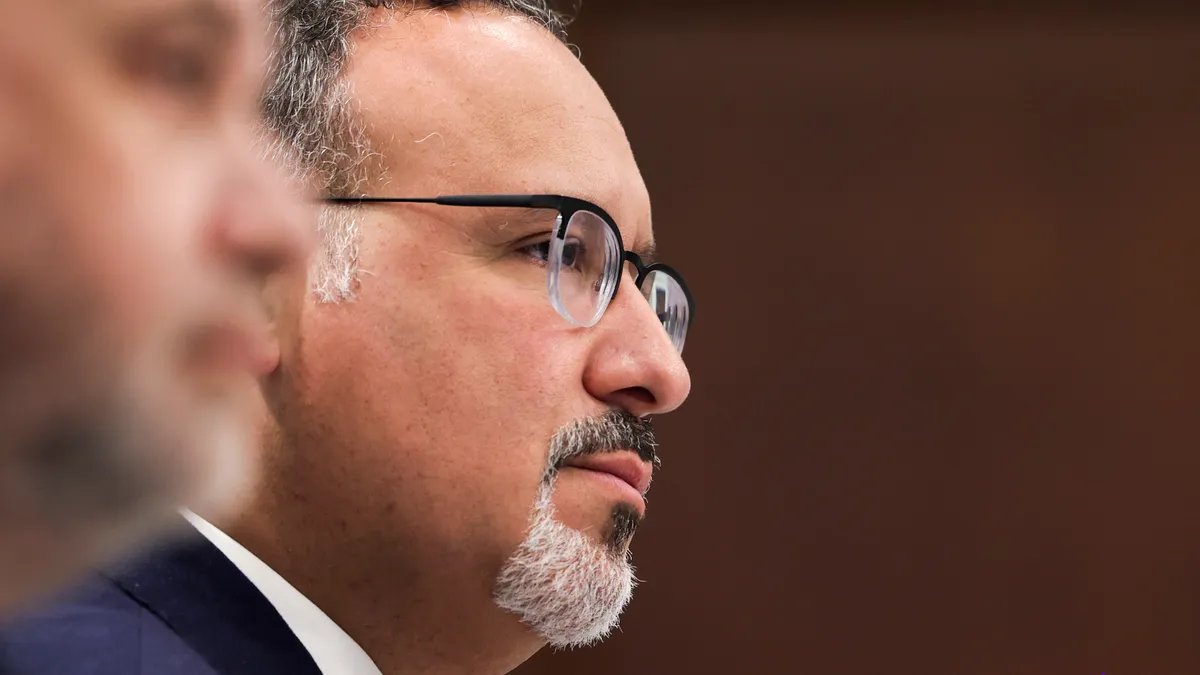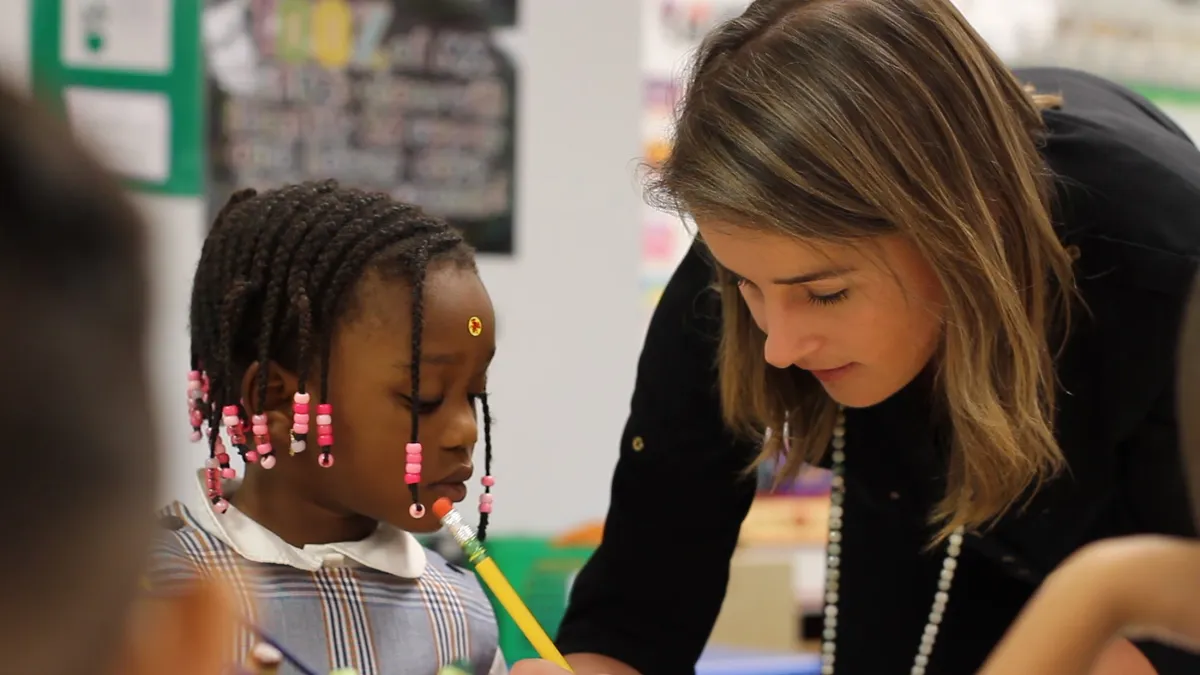After enrollment, retention of students remains one of the most important focuses of any university or college. Retention is not only about the number of students enrolled in the school during a semester, trimester or quarter. A serious focus on retention is the institution’s expression of concern toward a student’s educational advancement and success.
Well thought-out retention strategies can have a positive impact on the personal, professional and academic growth of the students. Students of all ages and socio-economic backgrounds face challenges during their academic journey. Adult or non-traditional learners often bring with them a unique set of challenges. Family and work responsibilities, learning challenges, economic limitations and disconnections with campus life are just a few of the challenges faced by many adult learners.
Without supports focused on strengthening retention, this demographic will continue to struggle.
It is certain no one has all of the answers to this ever-changing challenge; however, sharing strategies can help each institution explore options for its particular learning environment. The intent of this short article is to share retention strategies utilized at an accelerated program in the Midwest focused on educating non-traditional students.
Strategy 1: Retention has to be a “whole-school” or program effort. This requires establishing buy-in from administrators, faculty, staff members, adjunct instructors and anyone else who encounters the adult learner. Responsibilities such as advising and responding to questions or concerns of students are not so overwhelming when a team approach is utilized.
Strategy 2: Establish a student success center within the school, which focuses on supporting the success and retention of all students. This can yields unthinkable dividends. The student success center can help with monitoring student attendance and academic progress; provide internal student support services as well as connecting student with institutional-wide resources.
Strategy 3: Build genuine professional relationships with the students. Realizing students are more than a number in a program is key. Students feel connected to faculty who can recall important aspects of their lives. Academic accomplishments, birth dates, hobbies, family names and professional achievements are examples of talking points in conversations, which can happen during advising meetings, before classes and in passing.
Strategy 4: Establish supports in critical academic areas. Math and writing are just two areas most adult learners find difficult when returning to school. Building supports such as small group study sessions, one-on-one or group tutoring, and establishing technologically based databases and resources, which are easily accessible by students when away from classes, are just a few examples of strategies supporting successful retention.
Strategy 5: Build a relevant curriculum balancing academic standards and career practicality. Although adult learners enjoy a good lecture, they want to know what they are learning will be applicable to their career goals. Focusing on the practical skills of a profession in the curriculum also provides the students with knowledge they can share on resumes and applications as well as in interviews.
Strategy 6: Create a professional network of mentors and potential employers. Because most adult learners are career- and goal-oriented, it is necessary for institutions to model how to establish positive professional networks. Building partnerships with employers relevant to the specific disciplines ensures the student is receiving current soft and hard skills associated with the industry. Other networks could include establishing “learning communities” in which adult learners in a particular discipline take advantage of the opportunity to collaborate with one another, creating informal peer-to-peer mentoring relationships.
Strategy 7: Help build a connection with campus life. There is an assumption adult learners are either too busy or too old to participate in campus activities. The truth is, most of the time they are not aware of the many opportunities such as athletic events, concerts, plays, clubs, etc.
Adult students also are not aware of the access they have to institutional facilities like the gym, which could save money. Finally, there are job fairs, career services, adult housing (if applicable), mental health services and a host of other services to which their tuition gives them access. Connecting the adult learner to these resources may prove beneficial when and if a crisis were to arise in the life of the student.
Strategy 8: Communicate, communicate, communicate. Establishing an effective vehicle of communication is important. An informed student is an empowered and engaged student. Although students talk among themselves, critical information should come from institutional representatives. Advisors, professors and instructors should be intentional about checking in with the student several times during the term to ensure the student is adjusting appropriately. By doing this, the institution creates an atmosphere of transparency as well as builds a platform of empowerment and supported in the adult learner’s academic journey.
As previously stated, no one has all of the answers to the challenge of retention. However, collectively higher education can achieve our goal of educating students who have chosen to entrust their futures to us by establishing retention strategies that benefit both the students and the institution
Saint Rice is the assistant dean of the School of Accelerated Degree Programs at Lindenwood University in St. Charles, MO.

















